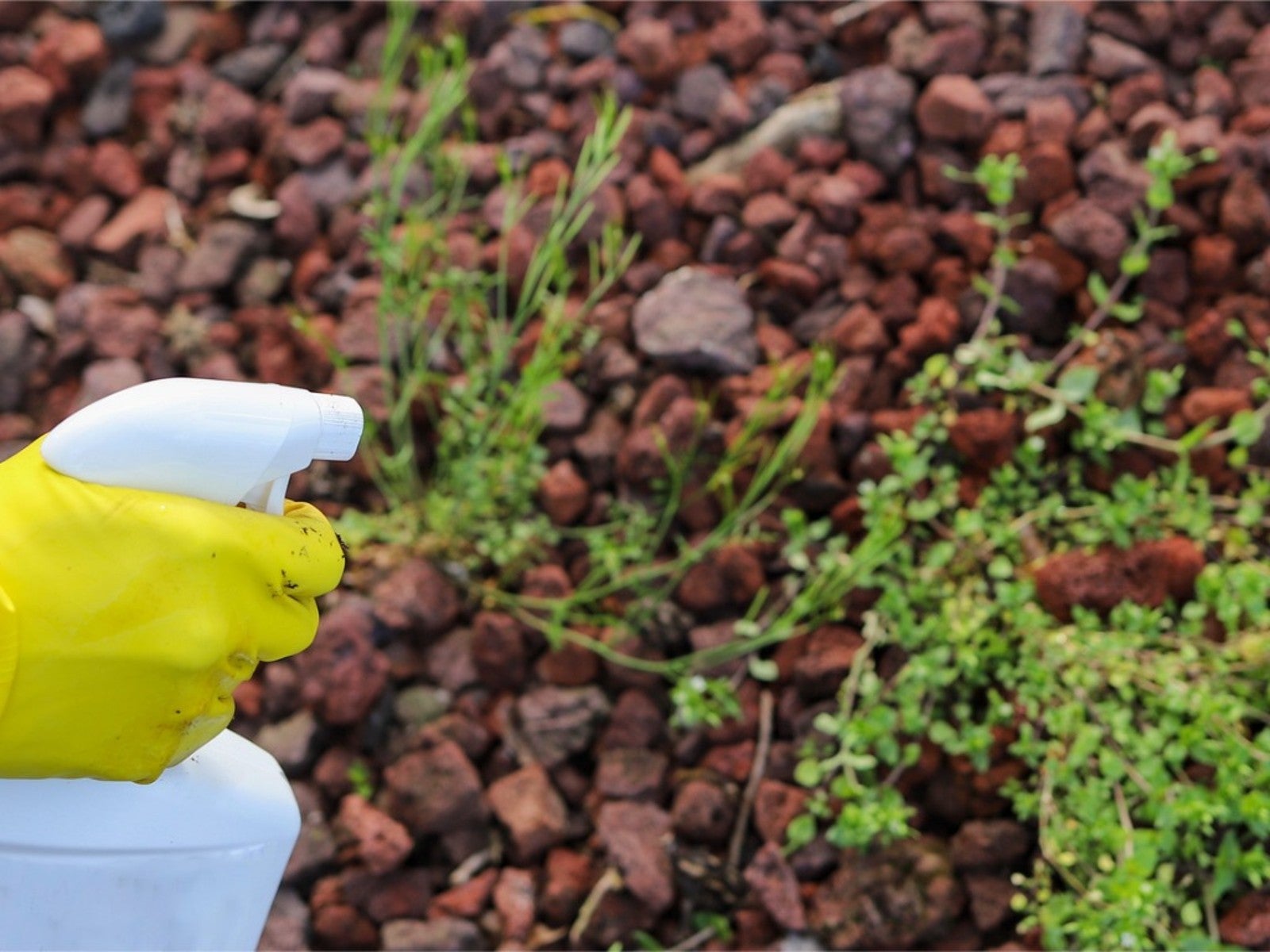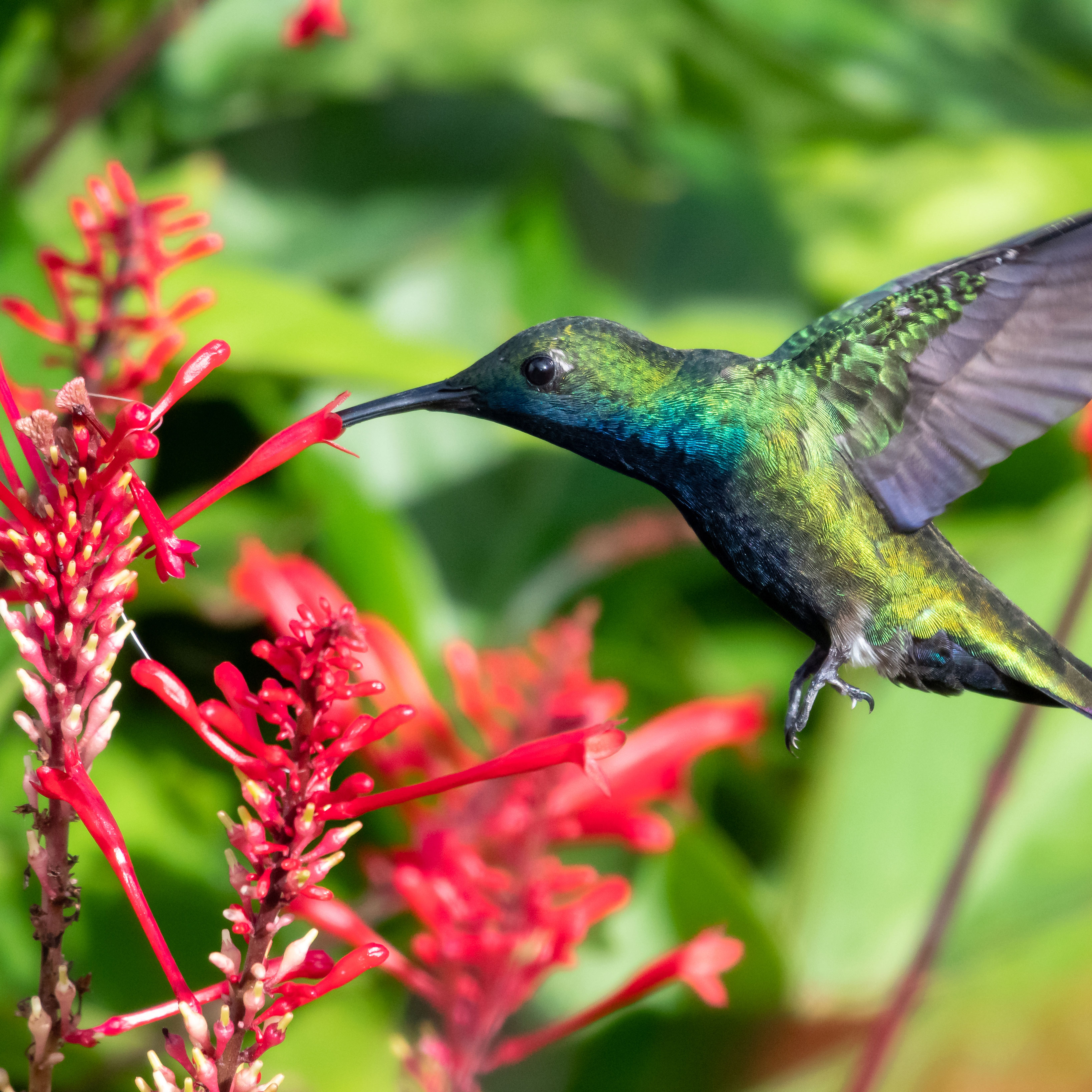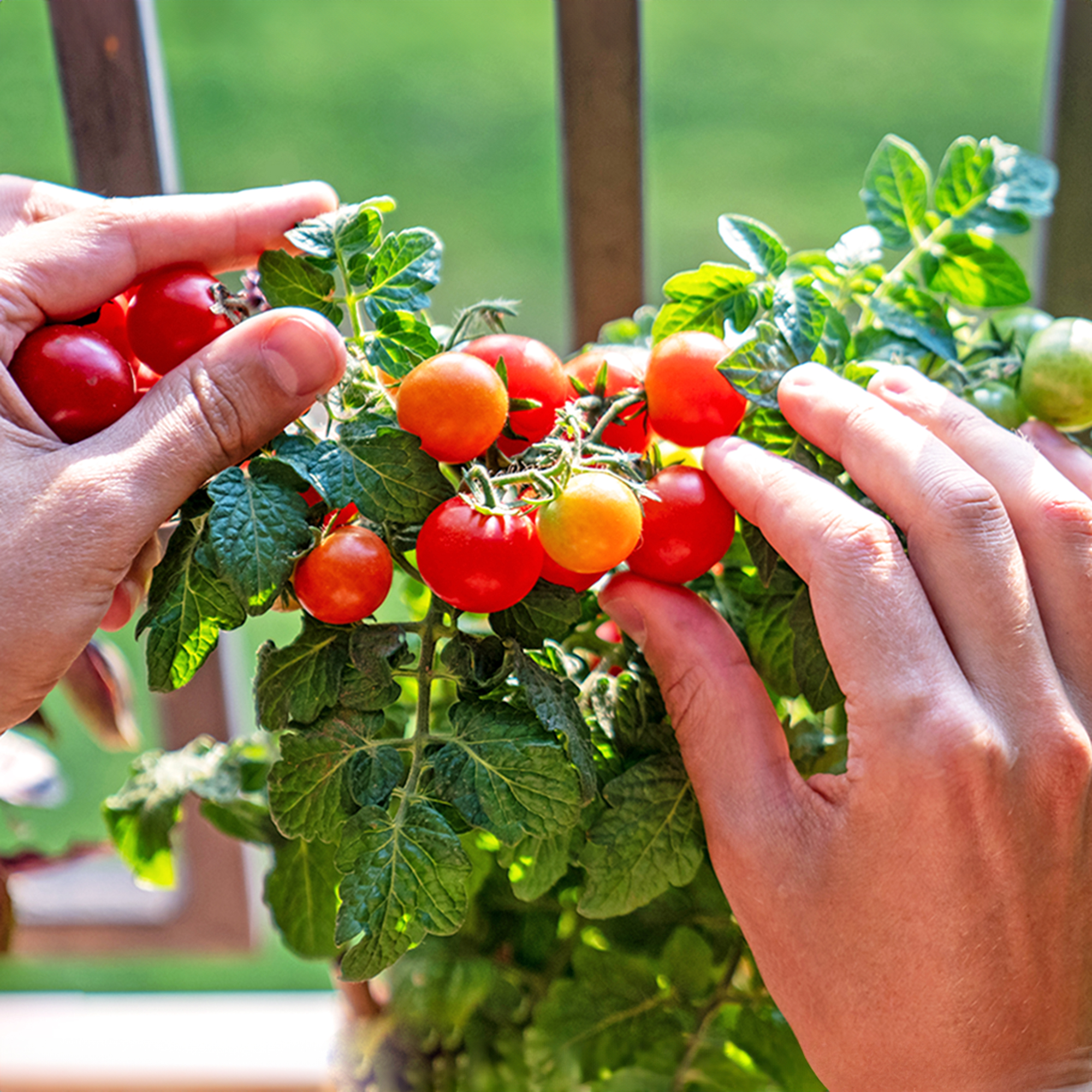Ammonium Soap As An Herbicide
As an alternative to harmful chemicals, use ammonium soap instead.


Ammonium soap of fatty acids has been touted since 2006 as a safe, non-toxic herbicide. An ammonium nonanoate herbicide will control some weeds, brush, and even moss if used properly, and will not contaminate aquatic environments.
This is great news, because finding non-toxic alternatives to chemical herbicides can be challenging. Studies have shown that natural compounds such as acetic acid and fatty acids can be effective in controlling certain weeds.
What is Ammonium Nonanoate Herbicide?
Using an ammonium nonanoate safe preparation leaves little dangerous residue. It is a naturally occurring fatty acid found in some plants and animals. It is called a "soap salt" because fatty acids are part of the composition of soap.
Ammonium nonanoate safe herbicides are non-systemic and have no soil activity. The soap gets into plant cells and reduces pH, which causes desiccation and eventually death of unwanted species.
Application is topical, usually through spray. The active ingredient is a colorless or pale yellow liquid with a slight odor.
Using Ammonium Soap of Fatty Acids
Why Natural Herbicides?
Gardeners often have their own preferred natural herbicide. Some make up a mixture containing household and kitchen ingredients, others purchase a spray, dust, or granular preparation. Consistent among organic gardeners is the goal of finding a glyphosate alternative. Glyphosate has been shown to be toxic to humans and aquatic life, and one of the surfactants commonly used in products containing glyphosate, stays in an environment for a long time before degrading. This can be hazardous for certain wildlife.
Is This the Best Natural Herbicide?
Ammonium soap will work well on some plants, but not as well on others. In a comprehensive herbicide plan, it is best to use a combination of natural herbicides for the most effective control of pest plants.
Gardening tips, videos, info and more delivered right to your inbox!
Sign up for the Gardening Know How newsletter today and receive a free copy of our e-book "How to Grow Delicious Tomatoes".
Using acetic acid, or horticultural grade vinegar, in combination with ammonium nonanoate is an excellent way to get broad spectrum control. Both work in a similar way and leave no damaging residue.
The EPA has concluded there is no health risk to humans, but the compound can cause eye, skin, and mucous membrane irritation. Long sleeves, eye protection, and avoiding inhaling the product are recommended.

Bonnie Grant is a professional landscaper with a Certification in Urban Gardening. She has been gardening and writing for 15 years. A former professional chef, she has a passion for edible landscaping.
-
 Terrifically Tubular Flowers For Hummingbirds: 9 Tube-Flowered Plants To Attract Hummers
Terrifically Tubular Flowers For Hummingbirds: 9 Tube-Flowered Plants To Attract HummersGrowing tubular flowers for hummingbirds helps you create the optimum feeding conditions for your winged friends. Here are nine tubed delights for hummers
By Tonya Barnett
-
 How To Grow Hydroponic Tomatoes For Fresh Indoor Harvests – No Soil Required
How To Grow Hydroponic Tomatoes For Fresh Indoor Harvests – No Soil RequiredLearning how to grow tomatoes in water is easy and allows you to harvest fresh-home-grown produce in every season without any mess.
By Ellen Wells